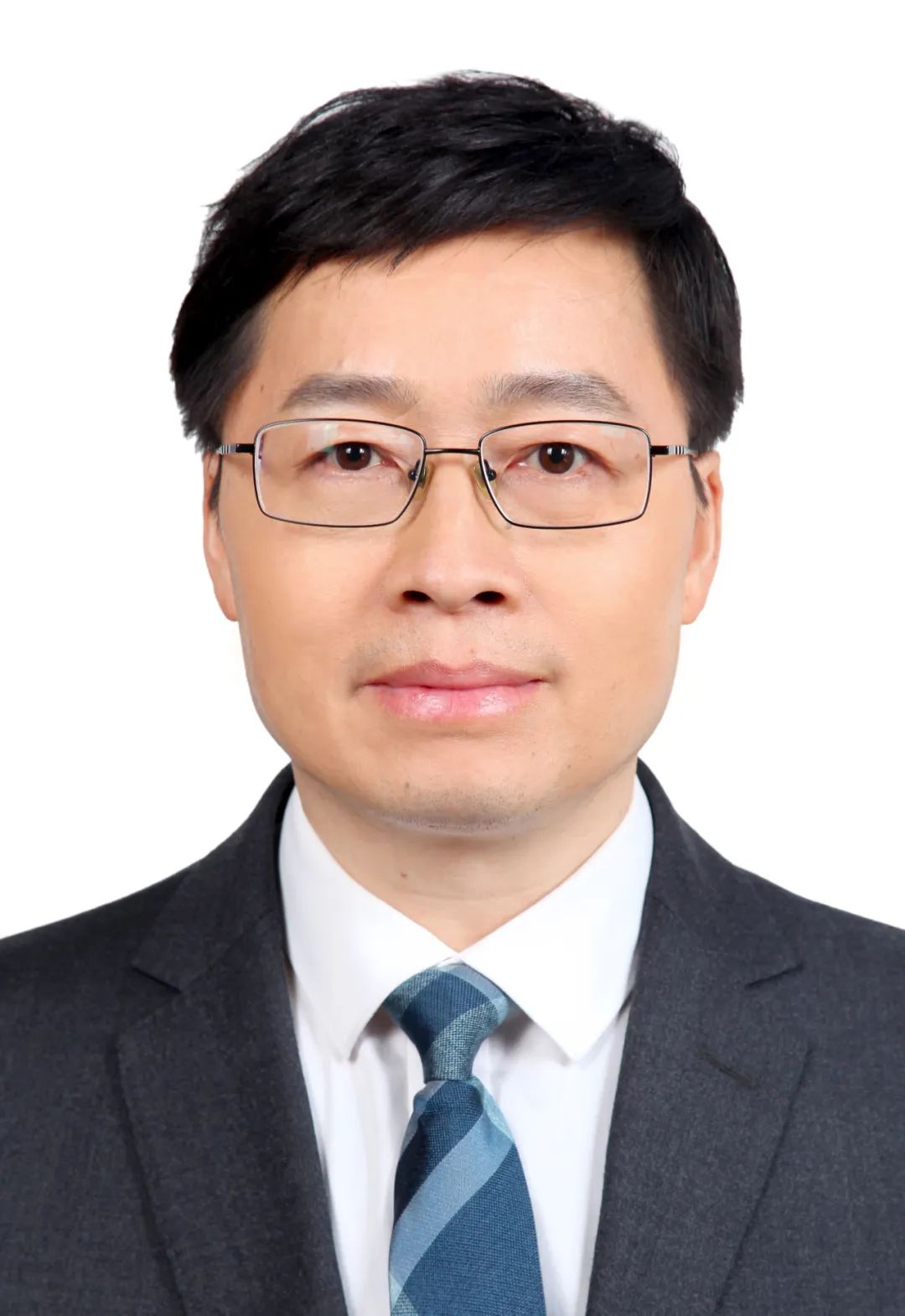Call for papers: rural vitalization and issues of agriculture...
Special issue on rural vitalization and issues of agriculture, rural areas and farmers
Sponsors

Hualou Long, Professor, School of Public Administration, Guangxi University/Institute of Geographic Sciences and Natural Resources Research, Chinese Academy of Sciences, Beijing,100101, China. E-mail: longhl@igsnrr.ac.cn.
Erling Li, Professor, College of Geography and Environmental Science, Henan University, Kaifeng, 475004, China. E-mail: erlingli@henu.edu.cn.
Ren Yang, Professor, School of Geography and Planning, Sun Yat-Sen University, Guangzhou, 510275, China. E-mail: yangren666@mail.sysu.edu.cn.
Pingyu Zhang, Professor, Northeast Regional Development Research Center, Northeast Institute of Geography and Agroecology of Chinese Academy of Sciences, Changchun, 130102, China. E-mail: zhangpy@iga.ac.cn.
Introduction

With the rapid development of industrialization and urbanization, China has shown a development bias of ‘emphasizing cities over villages’ and one-way flow of urban and rural elements for a long time. The rural development, agricultural efficiency improvement, and farmers’ income increase have become the coreissues that must be solved in the context of the urban-rural integration development strategy in China. The report of the 19th National Congress of the Communist Party of China pointed out that the issues of agriculture, rural areas and farmers are fundamental issues related to the national economy and people’s livelihood. It requires that solving the farmers, rural areas and agricultural issues be the top priority of the government’s work and implement the rural vitalization strategy. The modernization of agriculture and rural areas and the priority development of rural areas have become the breakthrough point for the country to solve the problems ofagriculture, rural areas and farmers. It is the disciplinary mission of agricultural geography and rural geography to comprehensively and deeply discuss the solutions to farmers, rural areas and agricultural issues and the scientific theory of rural vitalization.
On a global scale, with the process ofurbanization, the vast rural areas are facing problems such as the weakening of the subject of development, the thinning of the rural population, the pollution of the rural environment, and the decline of agricultural economic development. It seen that the farmers, rural areas and agricultural issues have become a global problem. Rural vitalization has also become an important strategy for global rural development. Among them, Japan, South Korea and other developed countries have taken the lead in experiencing the rural construction movement. Scholars from developed countries have carried out a series of studies on the vitalization of rural industries, spatial reconstruction, rural resilience, farmers’ livelihood, social governance, discourse construction of other vulnerable groups, and have also achieved certain results in theoretical construction. Chinese scholars have also carried out a lot of studies on China’s rural areas, agricultural and rural vitalization issues, such as the evolution mechanism of ‘hollow villages’, rural human-environment relationship, rural reconstruction and land use transformation, the formation and evolution mechanism of specialized villages, agricultural industrial clusters. Major research topics for SDGs in the new era, in the strategic needs of national ecological civilization construction, green and high-quality development. The key period for the country to promote the effective connection between poverty alleviation and ruralvitalization. It is necessary to further focus on farmers, rural areas and agricultural issues and rural vitalization in China, deepening the theoretical construction, summarizing the practical model, telling the story of rural vitalizationin China. And promote the discipline development of agricultural geography and rural geography, and better serve rural vitalization, sustainable developmentof agriculture and rural areas in China.
Research topics

This special issue aims to explore the theories and models of agriculture, countryside, peasants, issues in China, also the theories and practices of rural vitalization in China. We invite theoretically guided, quantitatively supported, and empirical research articles, and welcome articles that address topics such as the following:
Theories and typical cases of rural vitalization in China
Rural development differentiation and the transformation mechanism of commercialization of rural space
The process, effect and impact mechanism of rural digital transformation
Sustainable development of rural greening and the mechanism of spatial governance
Specialization of rural development and spatial restructuring mechanism
专刊征稿:三农问题与乡村振兴

特邀召集人

专刊背景

专刊选题

本专题稿件主要内容聚焦于中国“三农”问题和乡村振兴研究的理论与实践。主要征稿方向包括:
中国“三农”问题理论与科学路径
中国乡村振兴的理论与典型案例实证
中国乡村发展分化与乡村空间都市化消费转型机制
中国农村数字化转型过程、效应及其影响机制
中国乡村绿色化可持续发展与空间治理机制
中国乡村发展专业化与空间重构机制
About the sponsors

Hualou Long is Chair Professor of the Changjiang Scholar Award Program of the Ministry of Education, Professor and Ph. D supervisor of Human Geography at the University of Chinese Academy of Sciences and Guangxi University, Deputy Director of the Center for Regional Agriculture and Rural Development at the Institute of Geographic Sciences and Natural Resources Research, Chinese Academy of Sciences (CAS), and Deputy Director of the Center for Assessment and Research on Targeted Poverty Alleviation, CAS. He is also the Director of the Specialty Committee of Agricultural Geography and Rural Development, the Geographical Society of China, and the Steering Committee Member of the IGU Commission on the Sustainability of Rural Systems. His research interests are China’s rural restructuring, urban-rural development, land usetransition, and sustainable land use. He authored or co-authored 10 books, in which Land Use Transitions and Rural Restructuringin China (alone) was awarded ‘Springer Nature: China New Development Awards’. He has published over 300 original research papers, and was awarded Highly Cited Researcher in the field of Social Sciences from Clarivate™ for three consecutive years of 2019, 2020 and 2021. Currently, he is serving as Associate Editor of Habitat International, and Member of Editorial Board of five international journals, including Journal of Rural Studies, Land Use Policy, Land, Chinese Geographical Science, and Journal of Urban and Regional Analysis.

龙花楼:广西大学教育部长江学者特聘教授,中国科学院大学岗位教授,中国科学院地理科学与资源研究所区域农业与农村发展研究中心副主任。主要从事城乡发展与土地利用转型、“三农”问题与乡村振兴等研究。兼任中国地理学会农业地理与乡村发展专业委员会主任,中国土地学会青年工作委员会主任,国际地理联合会乡村系统可持续性委员会(IGU-CSRS)执委;土地利用与城乡发展领域国际SSCI期刊Habitat International 副主编以及Land,Land Use Policy 和Journal of RuralStudies 编委。出版著(译)作10部,独著 Land Use Transitions and RuralRestructuring in China 获'Springer Nature: China New DevelopmentAwards'。以第一或通讯作者发表学术论文200多篇(SCI/SSCI收录近70篇),连续入选2019-2021年Clarivate “全球高被引科学家”(社会科学)。




Pingyu,Zhang, Ph.D, Professor, has worked in Northeast Institute of Geography and Agroecology, CAS for 30 years. He is major in urban and region development research, specialized in Northeast China’s urbanization process, old industrialcity regeneration, resources-based city transformation, agriculture and rural development, spatial planning and regional sustainable development etc.. He has accomplished more than 50 different ranks of scientific research tasks granted from NSFC, CAS and state and local governments, co-worked about 200 researcharticles and 5 books ( in Chinese or English). Professor Zhang Pingyu acts as director of The Geographical Society of Jlin Province, China, executive member of The Geographical Society of China, executive member of RSA-China Branch, vice-directorof Territory Spatial Planning Research Branch of GSC, vice-director of World Resources Research Branch of CSNR, committee member of the 5thPolicy-Making Advisory Committee of the People’s Government of Jilin Province.


Deadline for manuscript submission
31 December 2022
Submission requirements
1. For all submitted papers, please refer to the ‘Submission guidelines’ and ‘Ethics & disclosures’ on the website of Chinese Geographical Science (https://www.springer.com/journal/11769).

END


Impact Factor: 2.892(Q3) ISSN: 1006-0063
Peer-reviewed; Bi-monthly; Published since 1991
Manuscripts Submitted:
http://egeoscien.neigae.ac.cn/
About Journal:
www.springer.com/earth+sciences+and+geography/geography/journal/11769
